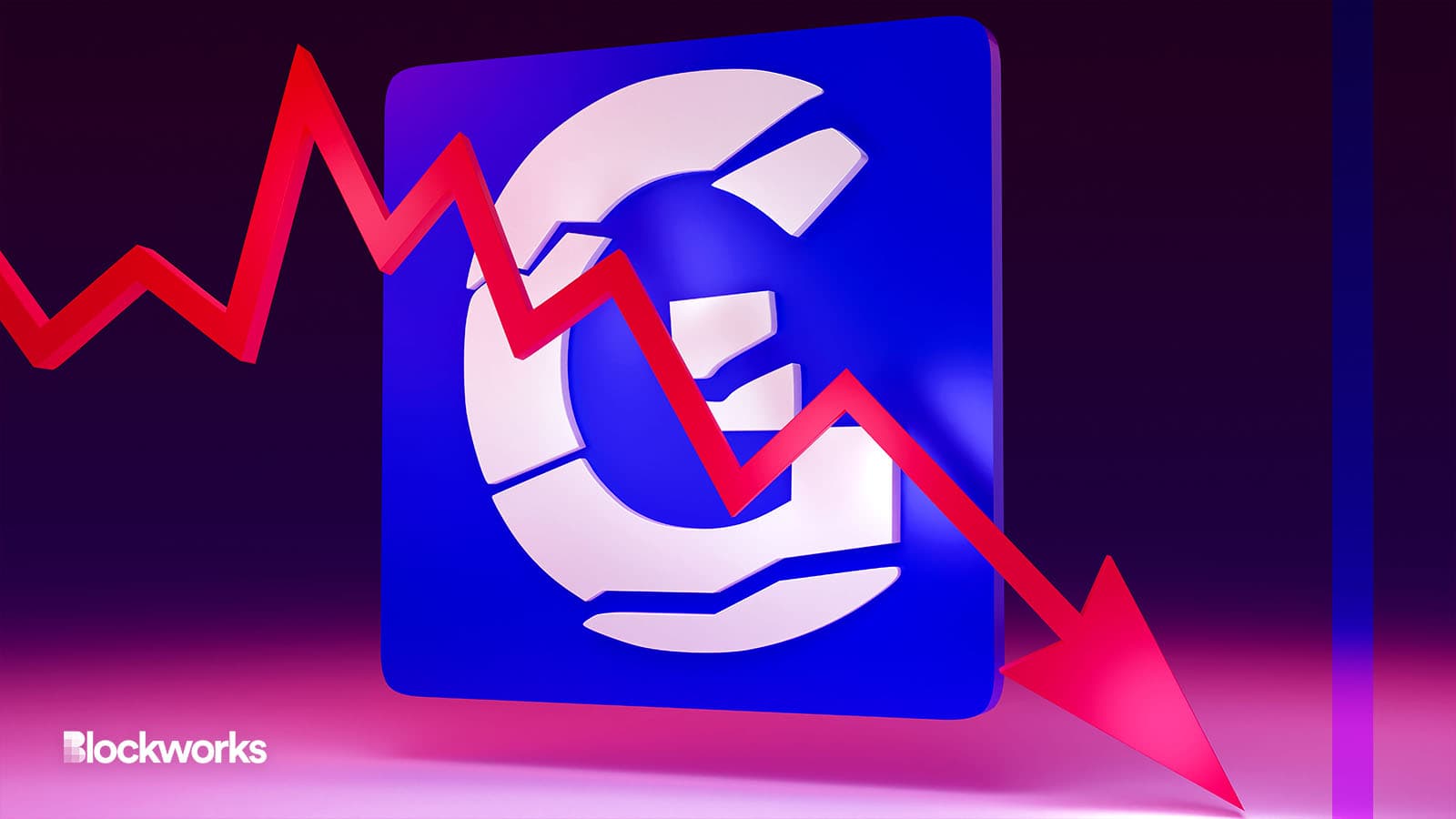The Next Bankruptcy Domino May Be Genesis
The crypto lender reportedly warned investors about filing for bankruptcy if it couldn’t line up sufficient financing

Source: Shutterstock / CryptoFX, modified by Blockworks
Some two months after halting customer withdrawals, Genesis has become the next crypto market player to head for bankruptcy.
The firm held private discussions with different creditor groups, Bloomberg reported on Thursday. The lending unit has been reeling from the collapse of FTX, where it had $175 million in locked funds, and had warned potential investors about bankruptcy if it couldn’t raise fresh capital.
Genesis was “trying at all costs to avoid [bankruptcy],” a source previously told Blockworks, an effort they described as “admirable, but costly.”
Digital Currency Group, the parent company of Genesis, was recently accused by Gemini of making false representations about Genesis’ solvency. Gemini co-founder Cameron Winklevoss called on DCG’s board to oust its CEO Barry Silbert, saying he had defrauded Gemini and its users were unable to access $900 million locked in a product tied to Genesis.
However, Silbert contradicted this claim and said DCG owed Genesis $447.5 million, on top of bitcoin worth $78 million maturing in May this year. Additionally, Genesis is owed another $1.1 billion promissory note that matures in 2032, he said.
He also claimed that DCG had not borrowed funds from Genesis since May 2022, and is up-to-date on loans outstanding.
Still, DCG reportedly informed shareholders this week that it would suspend dividends to reduce operating expenses and preserve liquidity.
DCG is one of the most active investors in the crypto industry, with some 200 million investments in 35 countries worth about $500 million, according to the Financial Times.
It primarily runs five businesses — media firm CoinDesk, Genesis, digital asset manager Grayscale, Foundry and digital asset exchange Luno. CoinDesk is reportedly weighing a partial or full sale.
Genesis and DCG didn’t return Blockworks’ request for comment by press time.
The Securities and Exchange Commission recently charged Genesis and Gemini for allegedly offering unregistered securities to retail investors through the Earn product.
Get the news in your inbox. Explore Blockworks newsletters:
- The Breakdown: Decoding crypto and the markets. Daily.
- 0xResearch: Alpha in your inbox. Think like an analyst.






